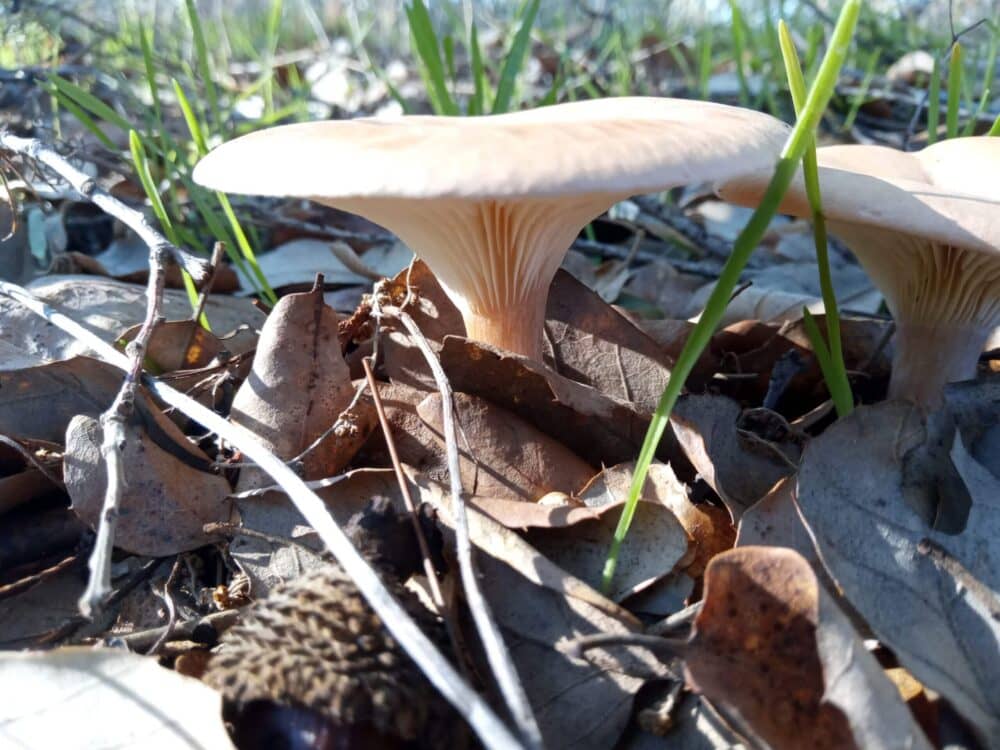
There’s nothing like a looming deadline to spur action and refine thought. After a year of learning and talking to people who share our dreams of building a sustainable lifestyle based around regenerative agriculture, I found the idea. The idea fulfils a need, filling a gap by exploring twin themes, the intersection between permaculture and technology.
An opportunity to bid for start-up funding presented the deadline, and for me the chance to bring the idea onto paper, and then to begin the reality. For an intense and useful three weeks, I have researched, read and typed out the plans, building a vision, planning budgets and progress. The Business Plan for the Rural Tech Network is complete. Or, at least complete for the time being.
Writing this plan has reminded me of the power that networks can achieve. By bringing together a wide variety of people and organisations, all wanting to learn, share and build their knowledge, you gain so much more. Sharing challenges, experiences and solutions is so important. We often learn more from our mistakes, but are normally happier sharing success. When we are grouped with our peers, listening to others facing problems that we too experience, we can feel supported and not alone. This space also allows solutions to be discussed and mulled, finding out how problems can be tackled in different ways, taking away ideas that others have had success with.
My field of sustainability and the environment in the UK is chronically underfunded. I’ve watched and lobbied as continued budgets have been cut, organisations fold and been disbanded, and those left with little capacity to carry out their own job requirements, let alone bring the necessary great improvements or new ideas. Yet, within this context, our networks have continued to grow and from this strength, our shared challenges better voiced.
Networks also provide opportunities to collaborate. The one that I’m starting now, will provide cooperatives space to talk about how their regional products can be moved around the country, supporting each other with a wider range of produce, making buying from them more attractive to customers. It will also offer space to tackle wider challenges, particularly those presented by climate breakdown. As the risk of wildfires is exacerbated across Portugal, how can abandoned lands be managed without large financial resources? Can the experiences of other rewilding projects, bringing large grazing animals into sites, offer management with minimal outlay? Using GPS-confined herds, roaming cattle can be kept within specific limits and moved on as and when land managers need them to be.
Other factors might also come into play. Portugal is a land with rich and diverse landscapes. It’s underlying geology also carries huge potential for lithium mining, a key element for battery technology which partners the push towards renewables. Communities though are fighting back, concerned about pollution and the transformation of the landscapes which sustain them. Networks have their own communities of interest, or local groups, within the whole. This is useful to lobby for support and bring the needs of local areas to a wider audience.
I start formally next week, with a meeting to scope the opportunity. My idea fills a need, but I do not claim its perfection and remain open to what wider engagement will bring. The network will be a point of reference, its members the magic ingredients and the offer of communication between peers its real value.
